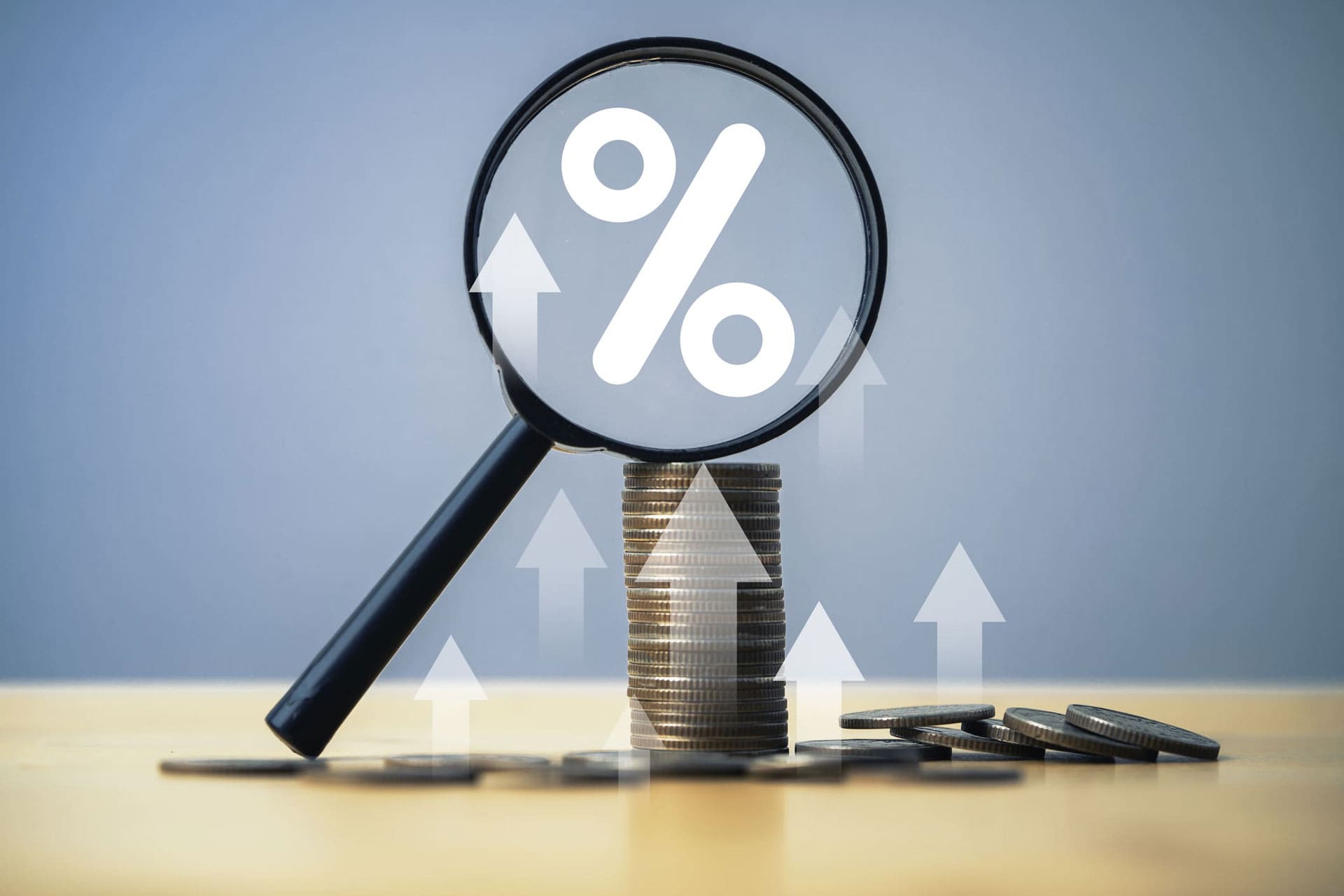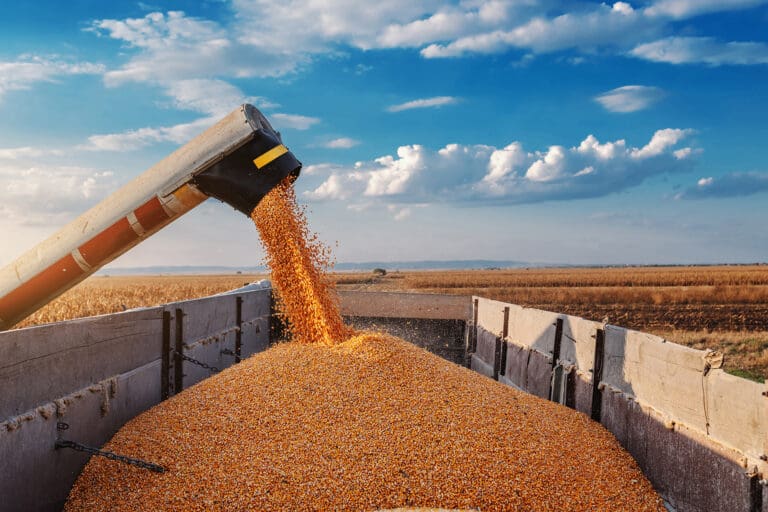by: Ryan Doyle
President-elect Donald Trump’s nomination of Howard Lutnick as Commerce Secretary has sparked discussions about NOAA’s future and the administration’s trade agenda. Lutnick, CEO of Cantor Fitzgerald, will oversee several bureaus, including the National Oceanic and Atmospheric Administration (NOAA), which plays a crucial role in managing U.S. fisheries, aquaculture, and environmental policies.
Focus Areas:
Tariffs and trade:
Lutnick has consistently advocated for higher tariffs, describing them as essential tools to protect American workers.
He supports a 10% tariff on all imports and a 60% tariff on Chinese products.
NOAA uncertainty:
Lutnick’s stance on fisheries and NOAA’s “blue economy” initiatives remains unclear.
Industry insiders and former NOAA officials are divided on the potential impacts of the new Commerce Secretary’s leadership.
As Lutnick steps into his new role, questions linger about how he will balance NOAA’s environmental responsibilities with the administration’s aggressive trade policies.
Seafood, tariffs and trade: recent developments shaping U.S. industries
The seafood and trade industries are making headlines this week, with significant rulings and decisions affecting everything from shrimp imports to seafood mislabeling. Here’s a roundup of the most critical stories about making waves.
USITC ruling imported shrimp duties to protect U.S. industry
On November 20, 2024, the U.S. International Trade Commission (USITC) delivered a significant victory for the domestic shrimp industry. The USITC determined that the U.S. shrimp sector has been harmed by unfair trade practices, including shrimp imports sold below fair value and subsidized by foreign governments.
Key points:
Countries Affected:
Antidumping duties (AD) imposed on shrimp from Indonesia.
Countervailing duties (CVD) applied to shrimp imports from Ecuador, India, Indonesia, and Vietnam.
Duty Rates: Ranging from 2.84% to 221.82%.
Industry response:
Trey Pearson, President of the American Shrimp Processors Association (ASPA), called the decision a validation of the crisis caused by unfair trade practices. He credited family-owned businesses and shrimp harvesters for coming together to protect their livelihoods.
The Southern Shrimp Alliance echoed these sentiments, praising the decision as a step toward restoring fairness in the market.
Political backing:
Mississippi Senator Roger Wicker celebrated the ruling as a win for the state’s shrimpers, ensuring they can compete fairly in a challenging global market.
With these new duties, U.S. shrimp producers and processors can look forward to relief from the overwhelming pressure of unfairly traded imports.
Seafood fraud: iconic Mississippi restaurant sentenced for mislabeling
Mary Mahoney’s Old French House, a beloved restaurant in Mississippi, is facing repercussions for a long-running seafood fraud scheme. The establishment and its co-owner, Anthony Charles Cvitanovich, admitted to misbranding imported seafood as premium, locally caught Gulf Coast fish.
The Fraud:
Over 58,750 pounds of imported seafood from Africa, India, and South America were sold as locally caught between 2013 and 2019.
This mislabeling tarnished the Gulf Coast seafood industry’s reputation and defrauded customers expecting authentic local products.
Sentencing:
Mary Mahoney’s:
5 years’ probation.
$1.5 million in penalties, including fines and forfeitures.
Co-owner Cvitanovich:
3 years’ probation.
4 months home detention.
$10,000 fine.
Government stance:
U.S. Attorney Todd Gee stressed that the Department of Justice takes food mislabeling seriously, emphasizing the harm caused to consumers and local industries. This case is a stark reminder of the importance of transparency in the food supply chain.
A pivotal week for U.S. industries
From shrimp tariffs to seafood fraud and trade policy, these developments reflect broader shifts in the U.S. seafood and trade landscapes. Whether through stronger trade protections, crackdowns on fraudulent practices, or new leadership in federal agencies, these changes will likely resonate throughout the economy.
Stay tuned as these stories continue to unfold, shaping the future of American seafood, trade and industry.
For further insights, please watch our most recent seafood webinar replay.



